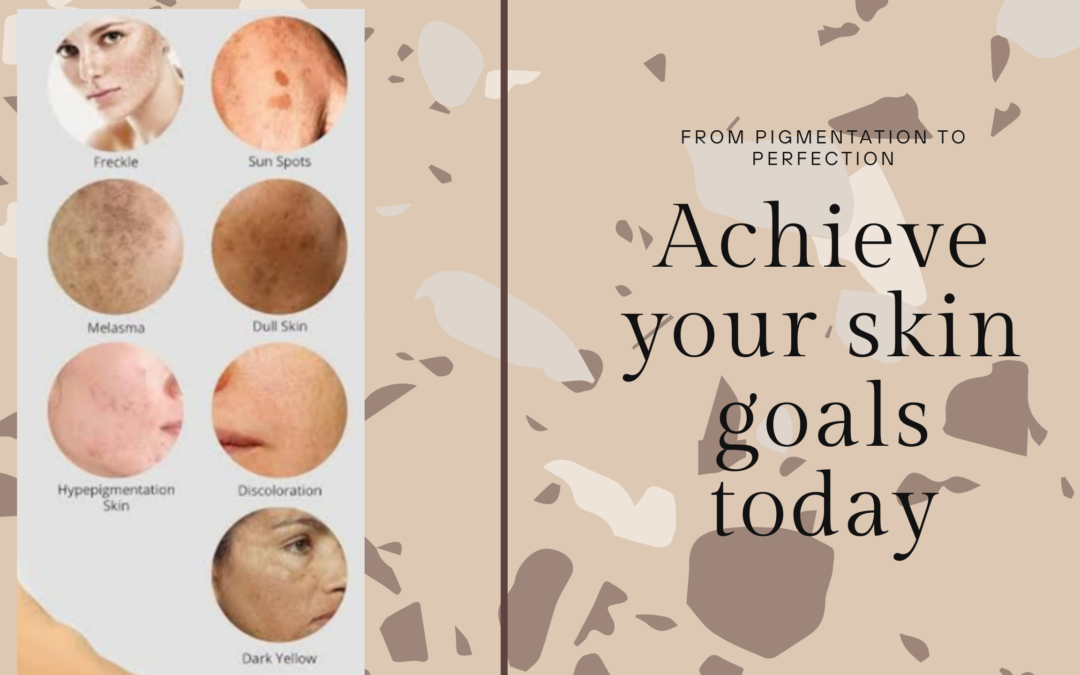Understanding Pigmentation: Causes, Types, and Treatment Options
Pigmentation refers to the coloring of the skin, which is primarily determined by a pigment called melanin, produced by cells known as melanocytes. While melanin protects the skin from harmful UV rays, an imbalance in its production can lead to hyperpigmentation or hypopigmentation, resulting in uneven skin tone.
🔍 What Causes Pigmentation?
Several factors can disrupt normal melanin production:
- Sun Exposure – UV radiation stimulates melanocytes, leading to sunspots or age spots.
- Hormonal Changes – Conditions like melasma are often triggered by pregnancy, oral contraceptives, or hormonal therapy.
- Post-Inflammatory Hyperpigmentation (PIH) – Acne, injuries, or skin treatments can leave behind dark marks.
- Genetic Factors – Some pigmentation disorders are inherited.
- Medications – Certain drugs can cause skin discoloration as a side effect.
🌈 Types of Pigmentation
- Hyperpigmentation: Darker patches of skin caused by excess melanin (e.g., melasma, sunspots, PIH).
- Hypopigmentation: Lighter areas due to reduced melanin (e.g., vitiligo, albinism).
- Depigmentation: Complete loss of pigment in an area, often seen in conditions like vitiligo.
🧴 Treatment Options
While pigmentation issues are generally harmless, many people seek treatment for cosmetic reasons. Options include:
- Topical Agents
- Ingredients like hydroquinone, kojic acid, azelaic acid, niacinamide, and retinoids can lighten dark spots gradually.
- Sunscreen is essential to prevent worsening of pigmentation.
- Chemical Peels
- Mild acids such as glycolic acid or salicylic acid exfoliate the skin and reduce dark spots over time.
- Laser Treatments
- Target melanin-rich areas with precision, breaking down pigment.
- Microneedling and PRP Therapy
- Stimulate collagen and skin renewal, useful in treating PIH.
- Natural Remedies
- Ingredients like aloe vera, licorice extract, and turmeric may help mildly over time, though results vary.
CONCLUSION
Pigmentation is a common concern, but understanding its cause is key to finding the right solution. A personalized skincare routine, guided by a dermatologist, can greatly improve skin appearance and confidence. Remember: consistent sun protection is the most effective tool in preventing pigmentation issues.

